Politicians are just human like the rest of us. And sometimes humans say some really, really stupid things.
There’s no end to the people who take a stand against cycling and want to prevent the spread of cycling infrastructure. There’s always been opponents to cycling. People don’t want cyclists on the road. They don’t want them on the sidewalks. They don’t want them to have bike lanes. We’ve all heard it before.
Below are the top 5 politicians who’ve taken a major stance against cyclists and cycling infrastructure.
Just not liking cyclists or being opposed to the idea of cycling infrastructure is not enough to earn a spot on this list; the politician must be a dedicated and prejudiced opponent to cycling, or spread misinformation about cycling/cyclists. They must also be the subject of backlash or scorn from the cycling community (you know karma is a bitch).
Legislator Thomas Barraga – New York
New York State is home to one of the world’s biggest collection of cyclists, so there’s a lot of people who support them there.
Thomas Barraga is NOT among that crowd. Barraga belongs on this list for his outrageous comments; you see, 17 year old Matthew Cutrone’s mother and four of his classmates were struck by cars while cycling. So the concerned Cutrone decided to write a letter to Legislator Barraga, calling for safer roads. The reply can be found here.
For those who don’t want to read the whole thing, here are some quotes that stand out:
“…no one who lives in our hamlet or for that matter in Suffolk County should ever ride a bicycle or a motorcycle. I cannot tell you how many constituents over the years have told me that they are taking up bicycling for pleasure and exercise. I have told them not to do so but they usually do not listen – 90 percent of those people eventually were hit by an automobile many like your mother with serious physical injuries.”
He then goes on to say that bike lanes are not a suitable alternative since people would still be struck. He claims that motorists are not accustom to seeing motorcycles and cyclists in the roads, so they therefore do not belong.
So let’s break this down; nobody should ride a bike, because… cyclists sometimes get hit by cars? Talk about victim blaming at its finest.
We could argue for days about how stupid what he said was, but we’re not going to go down to his level. Instead, let’s look at some at some facts:
Firstly, as a response to the common misconception that riding a bicycle is unsafe. According to the World Health Organization, in 2010 there were 1.24 million traffic-related deaths.
In fact, cars are kill people so often, that dying is a car crash is ranked #9 on the WHO’s list of the top 10 leading causes of death in the world. That’s right, statistically speaking, you are infinitely more likely to die in a car than on a bicycle.
Maybe Barraga should tell people to stop driving instead?
Now then, let’s address the 90% figure he threw out. Do 90% of cyclists get hit by automobiles? The short answer: no. The long answer: nooooooooooooooooooo.
According to the Canadian Automobile Association, around 7500 cyclists are killed or suffer life-threatening injuries due to traffic accidents per year in Canada. That’s the whole country, mind you.
While there’s limited data on the number of cyclists in all of Canada, we don’t need to know that to blow the 90% figure out of the water. Because according to statistics, approximately 20% of the population of the City of Toronto commutes or runs errands using a bicycle. That is around 388,000 people.
For those of you who aren’t so good at math, that means the number of cyclists seriously injured or killed isn’t anywhere close to 90%. In fact, the number of cyclists killed or seriously injured in the entire country of Canada is equal to about 2% of the number of cyclists in ONE city.
I guess Barraga should get his facts straight.
Representative Ed Orcutt – Washington (State)
Representative Ed Orcutt, Like Barraga, makes this list because of his comments that are so far off from reality they baffle the minds of educated people everywhere. His comments went viral, making him a laughing stock, as well as the enemy of cyclists all over the world.
Mr. Orcutt believes that there should be a bicycle tax. But that alone isn’t a particularly heinous crime. It’s his reasoning that makes us shake our heads in both shame and pity.
Orcutt believes that cyclists not only contribute to pollution, but that they are actually worse for than environment than cars.
Now then, while common sense is enough to dismiss Orcutt’s claims, when it comes to politics we need to fight ignorance with cold hard facts. Luckily, the European Cyclists Federation did a study on this very topic; the CO2 emissions put out between the various forms of transportation. Their verdict? Orcutt is undeniably wrong.
Cyclists produce approximately 21 grams of CO2 per Kilometre. Cars produce 229 g. There is simply no argument. Cycling is better for the environment by a landslide.
Now, about his other comments. He also said that cyclists do not pay for roads, but motorists do, implying that cyclists should have to pay taxes for the right to use roads. However that is not true at all, since roads are paid for with taxes (not just gas taxes), and everyone pays taxes.
In fact, taxes on motorists only actually contribute (via gas taxes) 4 measly percent to the Seattle Department of Transportation’s budget, according to this report.
Orcutt has since retracted his statements after a massive amount of backlash from cycling communities all over the world, issuing a public apology.
Mayor Rob Ford – Toronto
Oh Rob Ford. You’ve made global headlines over and over again for so many things; like bowling over Councillor Pam McConnell (who is sweet little old lady, mind you), sexually harassing women, showing up to public events drunk, falling over while attempting to throw a football, smoking crack cocaine, going on a drunken rant about how he wants to violently hurt people, telling the press how much he enjoys performing oral sex, and of course, hating cyclists.
Ford pulls no punches when it comes to the cycling community. In his usual beligerant manner, he has said things like how cyclists are a “pain in the ass” to drivers, or when asked about bike lanes, rejecting the idea because “we don’t live in Florida” (what does that even mean?).
Most notorious among these comments is when he claimed that if a cyclist is hit and killed by a car, it is “their own fault”.
Naturally, Ford received no end of criticism for his comments. However he was completely unapologetic, maintaining his stance and continuing to be dismissive of cyclists and their needs.
As we already stated above, the idea that cycling is inherently unsafe is blatantly not true. It’s been proven through statistics that cycling is safer for everyone involved. I would like to refer again to the data collected by the CAA on this topic.
But Ford isn’t the kind of guy that lets silly things like facts get in the way of his beliefs. Besides, he’s more concerned with the economics of cycling in the city; or rather he opposes bike lanes and biking infrastructure because it’s not worth the cost in his opinion.
Fair enough, Mr. Ford, let’s address that topic then.
As we’ve mentioned in another post here, cycling is actually a profitable market.
More cyclists and cycling infrastructure gives room for more businesses involved in cycling to rise and expand, and creates a market where new businesses can capitalize on the idea. Cyclists are a growing market for businesses to appeal to. But that’s not all; delivery companies and the post can save a lot of money in gas and maintenance by introducing cargo bikes to their fleet.
Introducing bike lanes and other cycling infrastructure can be costly. We’ll give him that, it’s a fair argument. However while bike lanes make a temporary burden on taxpayers, once they are built they cost no more to maintain than roads, and they will encourage more and more people to take up cycling, which in turn saves the cyclist money.
You see, cyclists don’t need to pay for parking or gas. It’s cheaper to ride a bike than take a car. And besides, you pay taxes anyways. There is no proof that Toronto would need a tax increase to fund bike lanes. So, despite the cost, it’s actually a wise investment for politicians to make on behalf of the public.
Councillor Russ Wyatt (and company) – Winnipeg
City Councillor Russ Wyatt hates bicycle infrastructure. He hates it so much that the idea of working towards improving infrastructure for cyclists and pedestrians made him storm out of a meeting in a rage.
Winnipeg’s city council had just approved their 20 year plan to move towards making things easier and safer for pedestrians and cyclists.
Wyatt wasn’t around to see that though, because he left the meeting before the voting even occurred. Pretty ironic for the guy who lead the opposition to the plan. Wyatt’s main argument was that the council was committing the locals to a 20 plan that he declared was “flawed.”
Instead of doing the mature thing as a politician and respectfully admitting defeat, he then taped 20 different defeated motions to the mayor’s officer door, writing “democracy denied” on every sheet. Again, this comes across as laughably ironic, considering the fact that the motion was put through by a majority vote, by the democratically elected city councillors of Winnipeg.
Exactly what part of this wasn’t democratic, Councillor Wyatt?
His fellow politicians could do nothing but shake their heads in shame. The mayor even went so far as to call his actions “bullying” and “unbecoming of an elected member of Winnipeg city council”.
Wyatt’s complaints represent an ugly underside to the bike-lane opposition; some people believe there is somewhat of a war on motorists.
The notion is that cyclists are trying to force motorists off the road, and that cyclists feel entitled to the road. The third ironic statement here, since people who claim that are themselves, doing so because they feel entitled to monopolize the roads.
Putting that aside for a moment however; there is no “war on motorists”. Cyclists are not as much as an inconvenience as many people would believe.
For starters, especially in congested cities, cyclists on the roads can easily match the speed of traffic, and actually reduce the burden on traffic due to their small size. In fact, in New York City, the inclusion of bike lanes on one street decreased travel times by around 14%.
And yes, many cyclists are environmentally conscious, so many would like to see less cars on the road. It’s a reasonable thing to ask people to consider.
There doesn’t need to be any animosity between cyclists and motorists. As long as biking infrastructure is implemented properly, it’s relatively easy to establish a perfect harmony between cyclists, motorists and pedestrians. And if they aren’t implemented properly, get mad at your politicians, not the cyclists.
Ultimately, Wyatt’s anti-cycling sentiments are not rooted in fact. Like the other 3 gentlemen on this list, his hatred of cyclists and cycling infrastructure is based on misinformation and prejudice.
To date, out of all 4 of these people, the only argument that was actually realistic and fair is the cost of implementation; however that doesn’t mean that it shouldn’t be done. There are many cost-effective ways for cities around the world to put in bike lanes. It’s a temporary cost that provides all kinds of proven benefits for the people.
Mayor David Spellman – Black Hawk
This is the second mayor on this list, and like the previous one, he isn’t just hated for his anti-bike stance. This guy’s gotten public scorn for other things to. Things like pistol whipping his wife, personally pocketing money intended to be used for historical preservation in the town, and buying the local newspaper that criticized him and firing its editor.
Comments on his character are not needed; his past indiscretions speak for themselves.
But we’re not here to criticize him for the things he done (though as a little PSA, let me just point out that it is not ok you beat up your wife with a firearm), we are here to address his opposition to bikes.
You see, the Mayor managed to get bicycles banned on streets for “safety” reasons. We’ll go through this quickly since we’ve already beat the safety angle to death. For starters, cars kill way more people than bikes. Really, statistically, you are far more likely to die in a car than on a bike.
The idea that bikes are unsafe is simply a misconception. In fact, the biggest danger to cyclists are motorists. Let’s compare traffic fatalities to a city with a lot of cars to a comparable-sized bicycle city, shall we? In New York City, there were over 200 traffic related fatalities. In Copenhagen, in 2013, there were only 9, according to Statistics Denmark.
Yes, cars have all kinds of safety features that bicycles don’t have. But ultimately, bikes are statistically much, much safer than cars. Not only are bikes safer, but with a little support by way of cycling infrastructure, you’ll make this already-safe form of transportation even safer and more secure.
It might be hard to comprehend for motorists and people who are scared for cyclists, but a cyclist with a proper helmet is statistically safer than anyone in a car.
Police have apparently been ticketing cyclists since the ban came into effect in 2010, but really, these safety concerns are a poorly veiled attempt to put off investing in bike lanes. It’s simple, if you’re really concerned with the safety of cyclists, then enforce helmet laws and put money into biking infrastructure. That is how you prevent injuries and deaths to cyclists. Bans on riding bikes do nothing but aggravate cyclists.
Hopefully other politicians who oppose cyclists will hear about the backlash they guys dealt with and learn from their mistakes.
Should you have any questions or require further clarification on the topic, please feel free to connect with our expert author Dillon Hiles by leaving a comment below. We value your engagement and are here to assist you.


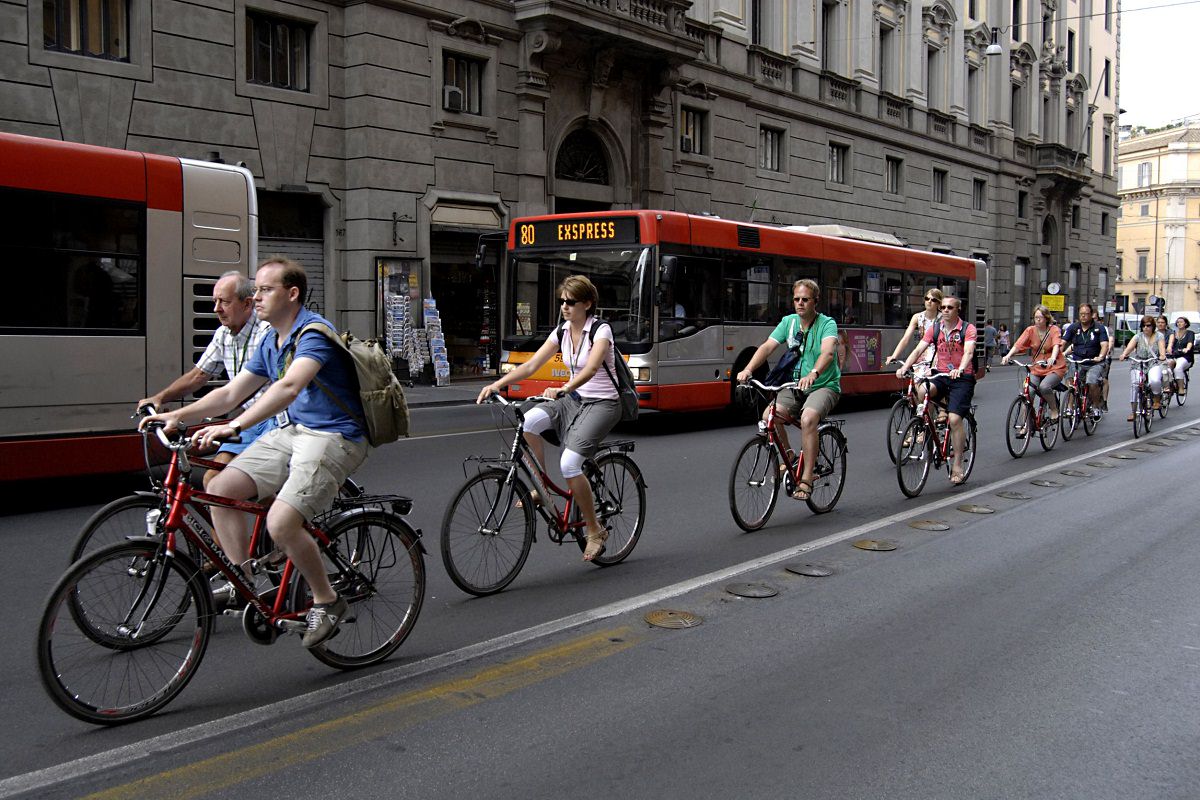
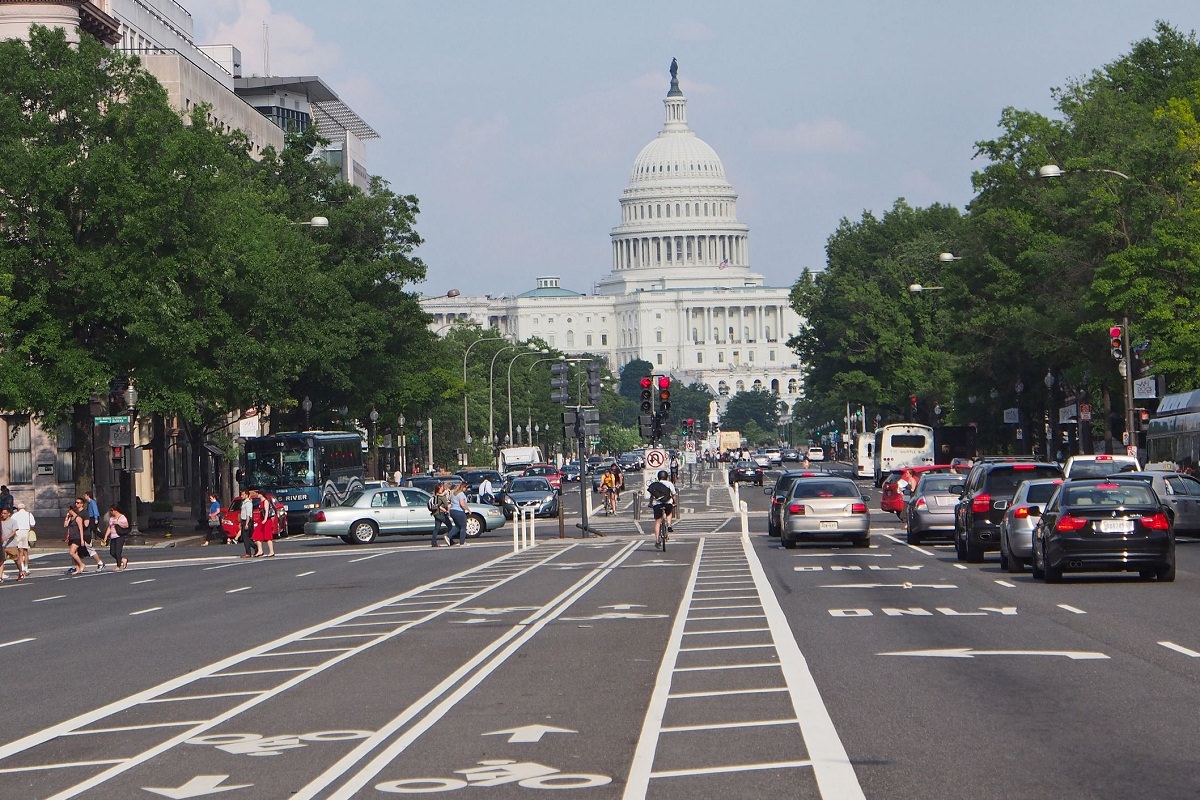
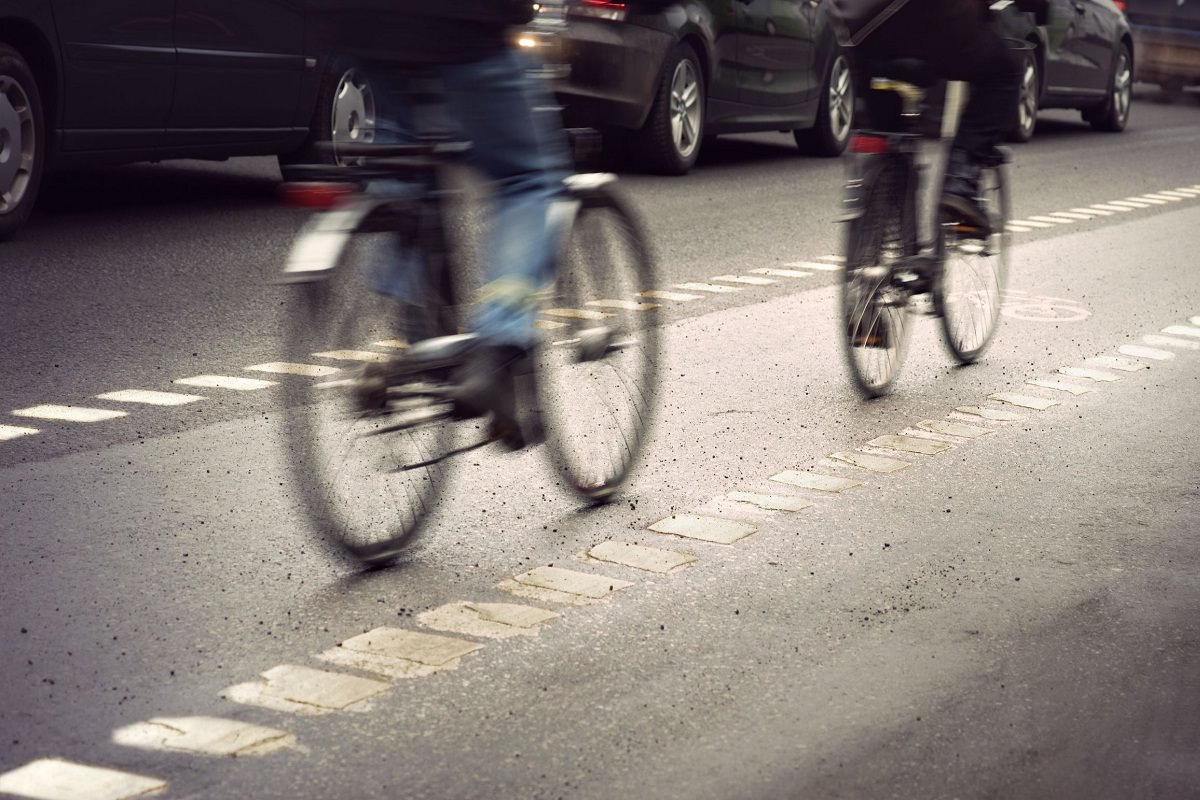
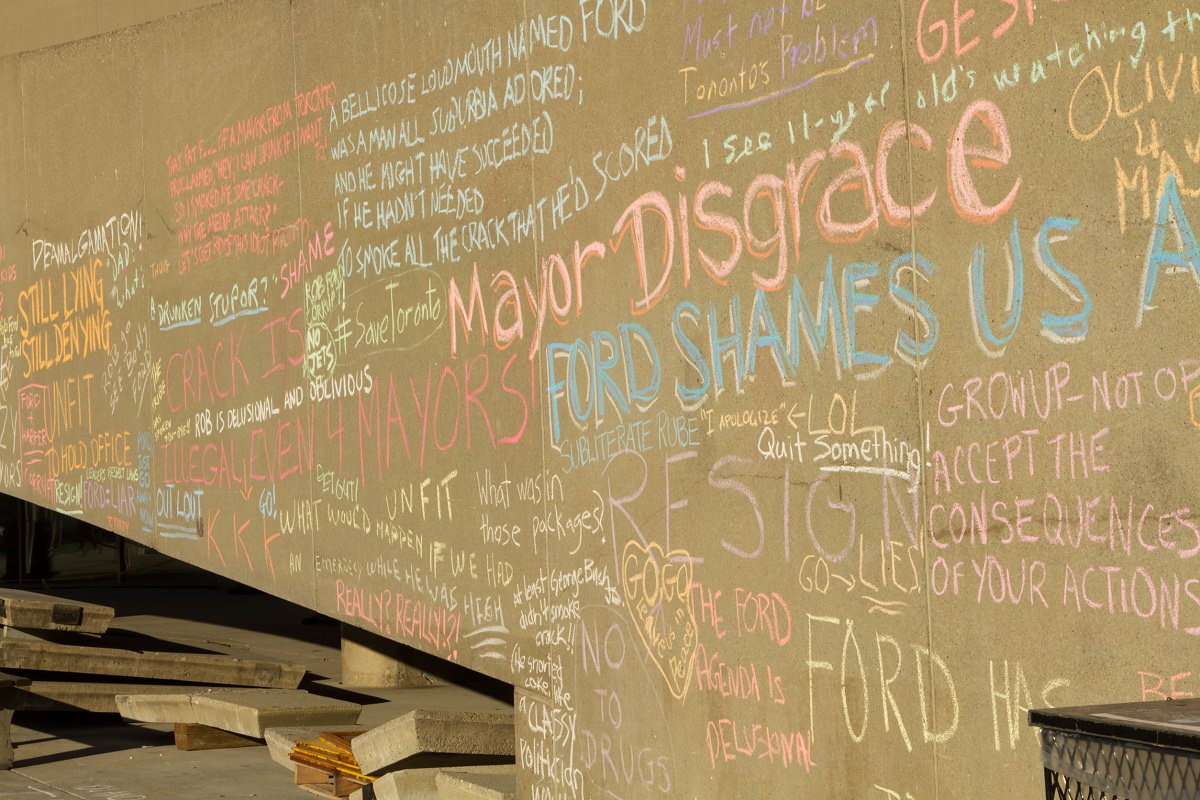
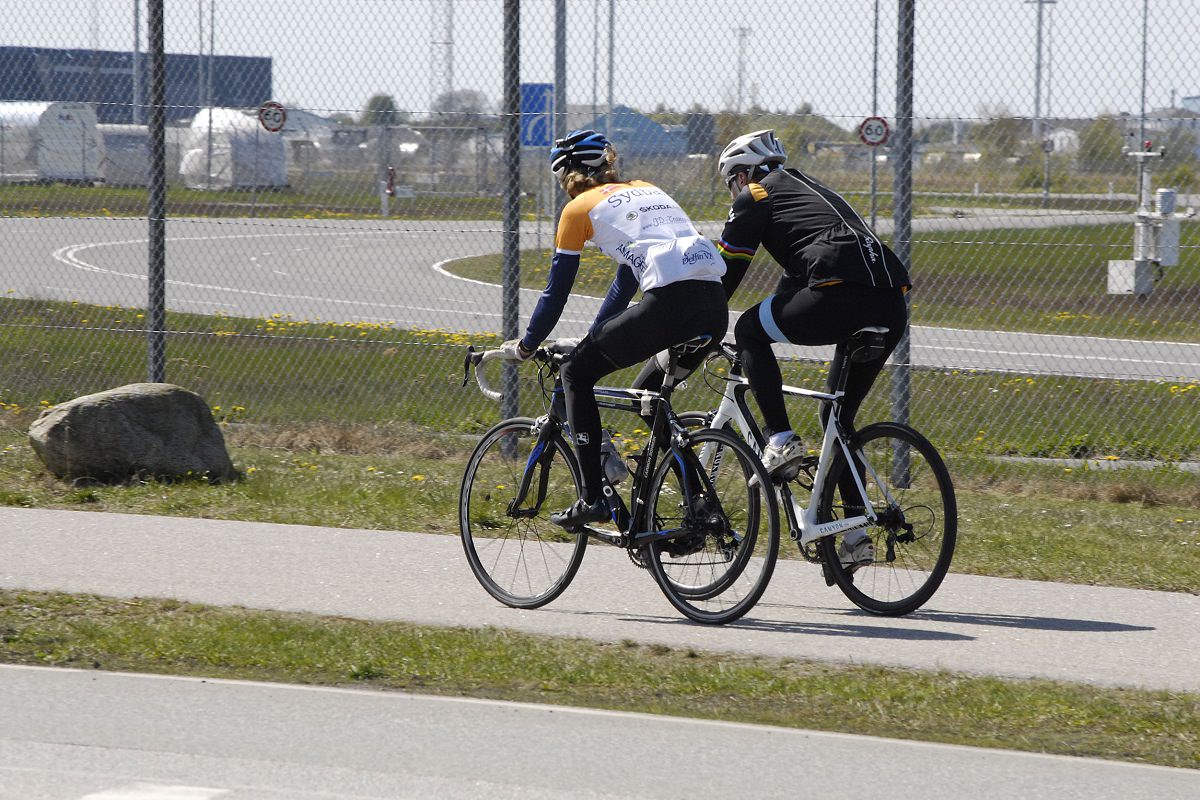
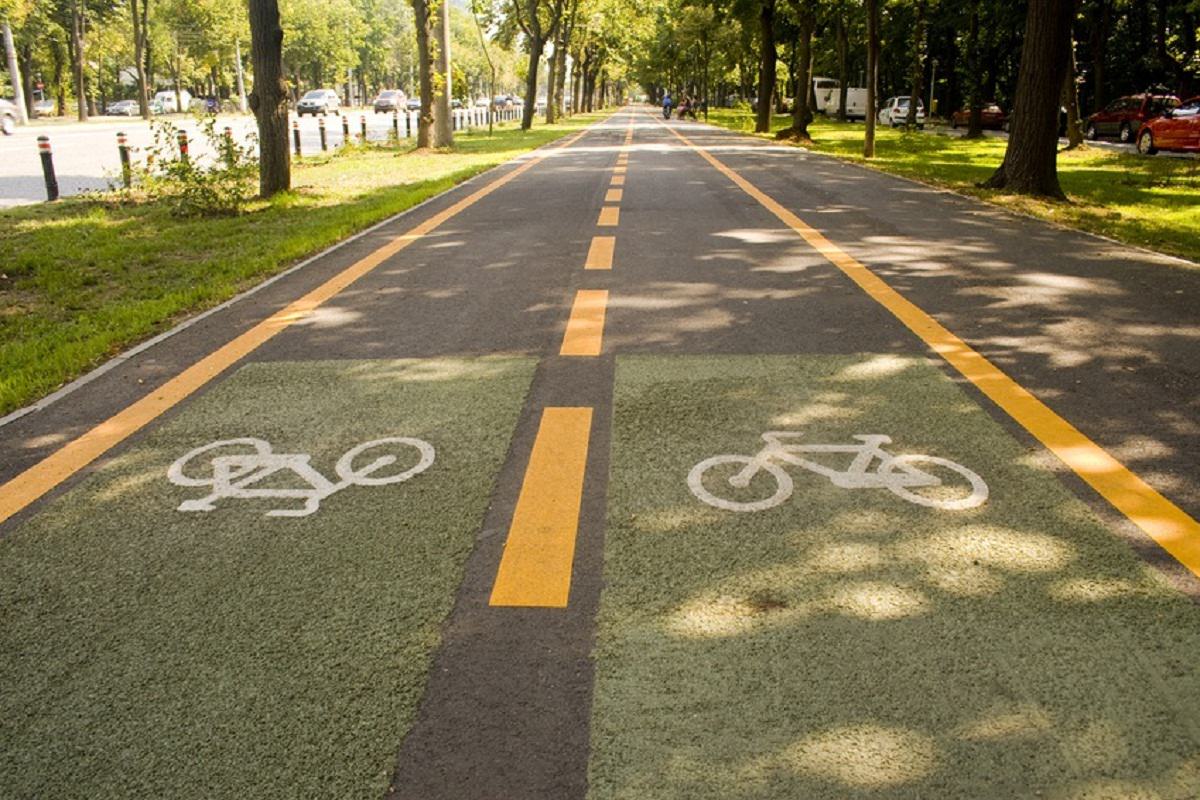
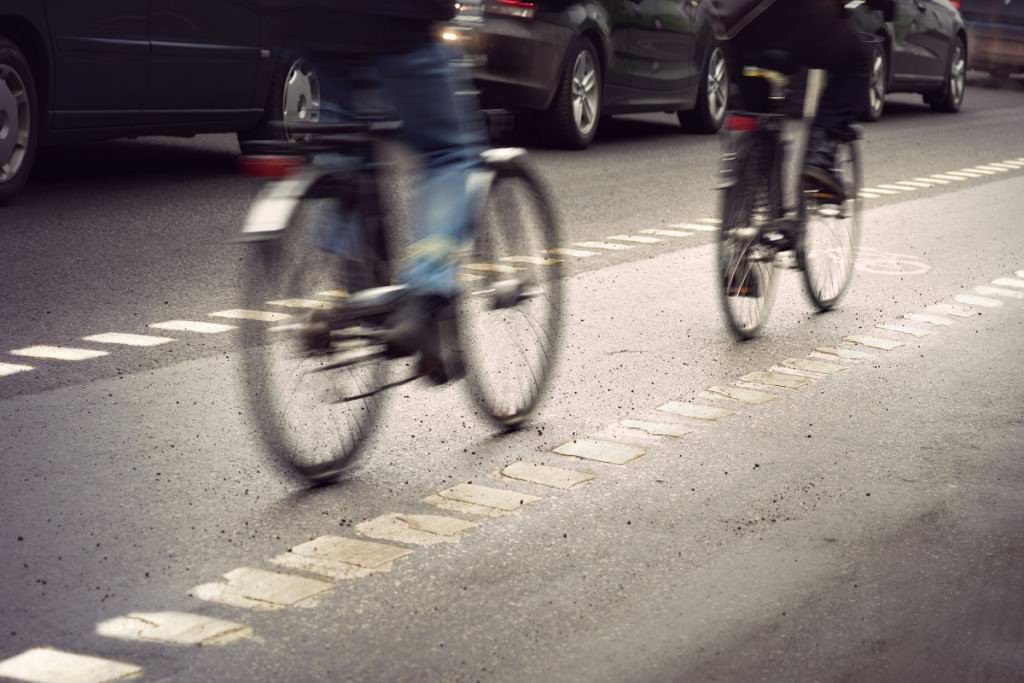
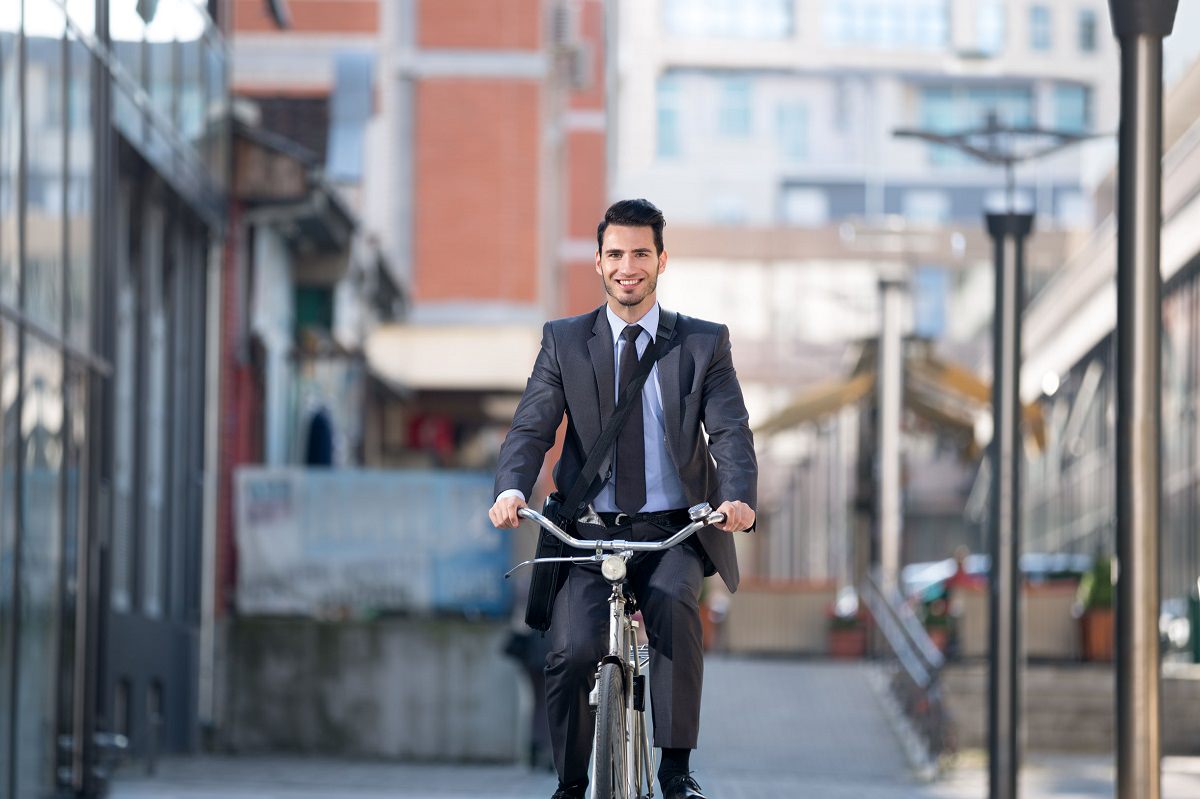
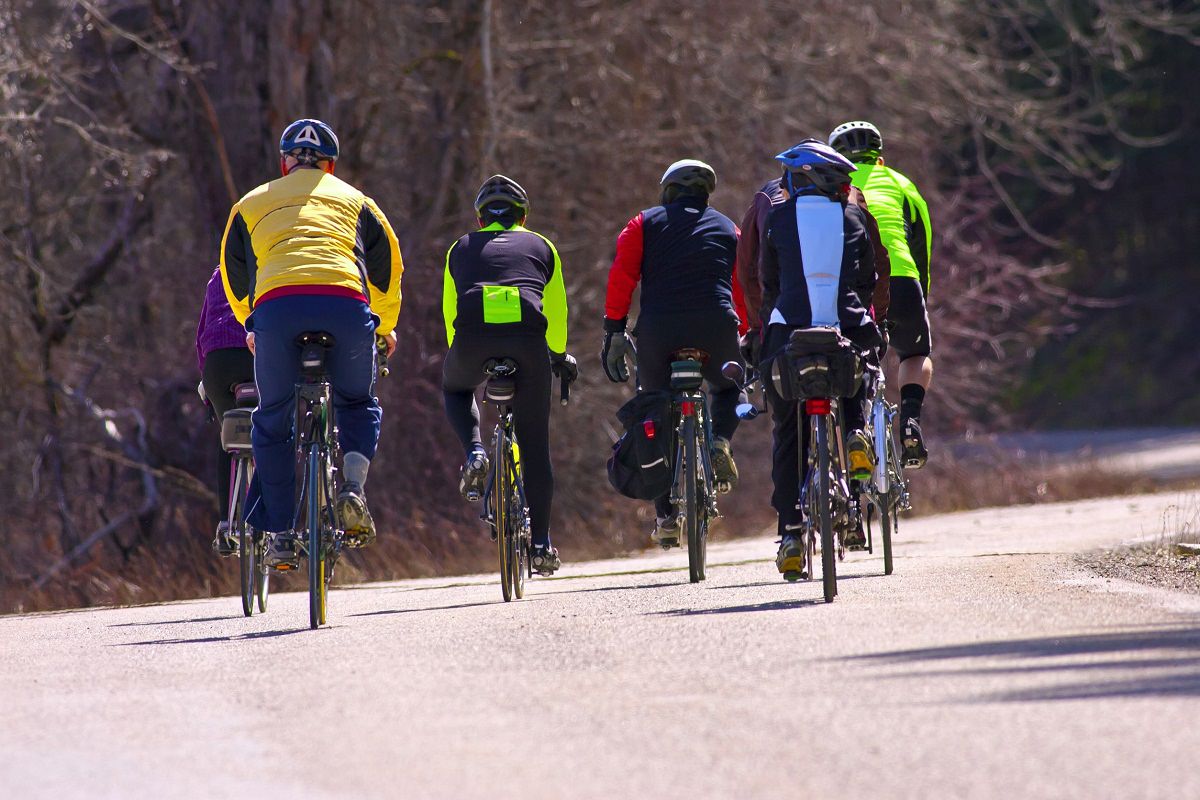
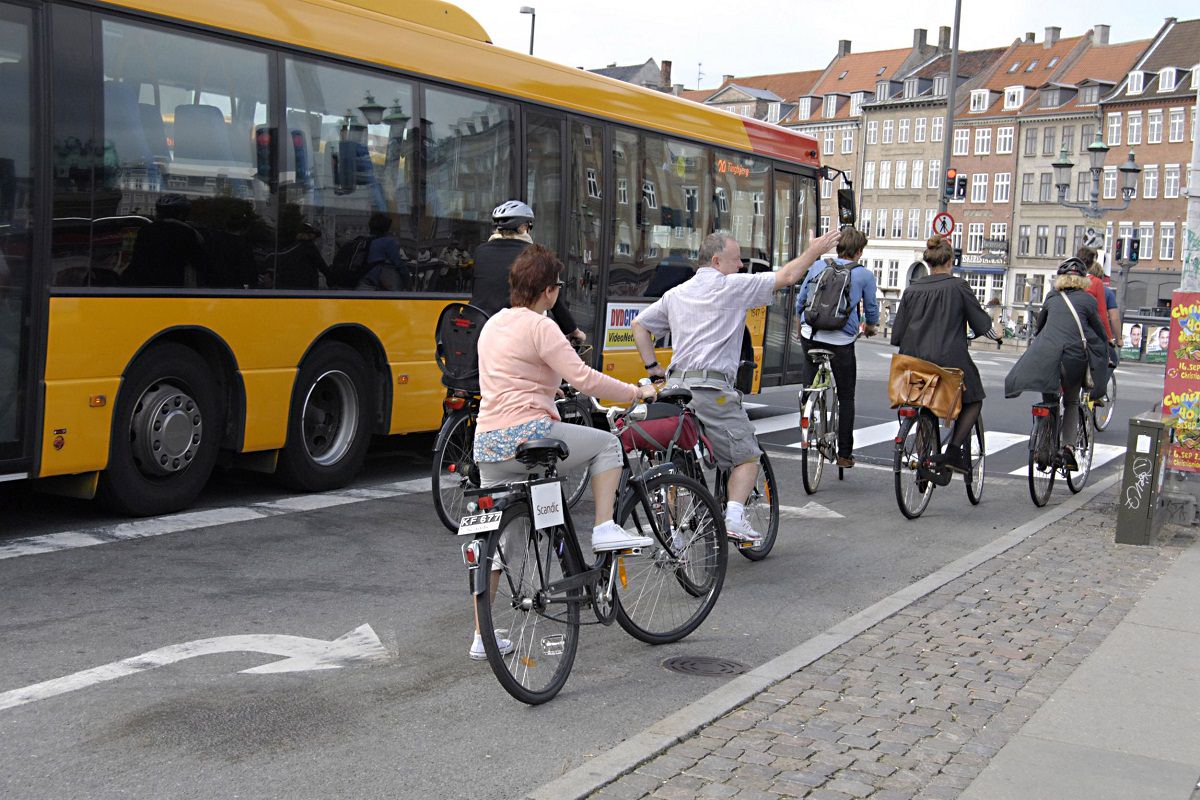
4 thoughts on “We Hate Cyclists – 5 Politicians Who Are Against Bikes”
Thanks for letting me know which politicians I can support and who are not in the pocket of the disproportionally represented bicyclist lobbies.
Most cyclist I encounter in my area are inconsiderate and ride unlawfully. They should be banned from the streets. It’s unsafe.
I drive to work everyday in downtown Toronto where there are numerous bikes also driving to work in the morning. Many (not all) of these riders never stop at stop signs, Act like they own the road. For example It is extremely dangerous when a bike makes a quick motion and then veers right in front of a car as one is driving at about 50kms with cars behind driving the same speed. It is like a car pulling out in front of a fast moving tractor trailer on the highway. I was driving behind a biker in a residential area I do not think had brakes by the way he was steering and controlling his bike with his feet while quite fast (I was barely keeping up with him), he went tearing through a stop sign and slammed into the side of a car coming in front of us (cars park at the side the street so bad visibility and also it was only a 2 way stop – so not stop sign for the car) This put a huge a huge dent in the car, traumatized the driver and the biker nearly killed himself in the whole situation.
The rhetoric presented in this article is symptomatic of why people dislike bicyclists.
I live in a hilly urban area. I see many bad drivers. I also see a lot of bad cyclists who do not “share the road”. Some foolish or unstable cyclists verbally abuse drivers and try to force cars to give the right of way. The cyclists riding near my home are on narrow winding high traffic urban roads that are simply not safe for them. I have friends who are cyclists who tell me “I would never ride on this road, it’s too dangerous”. They also tell me that they have cyclist friends who unfortunately are aggressive. Some cyclists actually seems to believe that there can be a world with no bad drivers who could endanger them.
I see my local politicians designating dangerous roads as bike routes, because of the extreme political pressure exerted by special interest cyclist groups.
The only solution is building infrastructure to make roads safe enough for both bicycles and vehicles. Bikes must not be allowed on narrow winding urban roads that have no shoulders or bike lanes. Instead I’m seeing politicization of the issue and inflammatory, angry, divisive rhetoric.
I don’t accept the statement that bicycles are safer than cars. Statistics are very easy to manipulate self servingly. I also suggest that the angst and hatred created on both sides by putting cars and bikes in the same traffic lanes is harmful in itself. While it’s not as sensational as broken bodies and deaths it is still a very real pathology in our society today that is only detrimental.
I have never once in my life heard anyone make the argument that nobody should be allowed as transportation because some drivers break laws or because the roads are poorly designed. But I often hear the same sorts of arguments made to advocate for bicycles not being allowed on roads. Flip your argument around: If the cars are making narrow, hilly, urban roads unsafe for bikes, why not ban cars from them instead of bicycles?